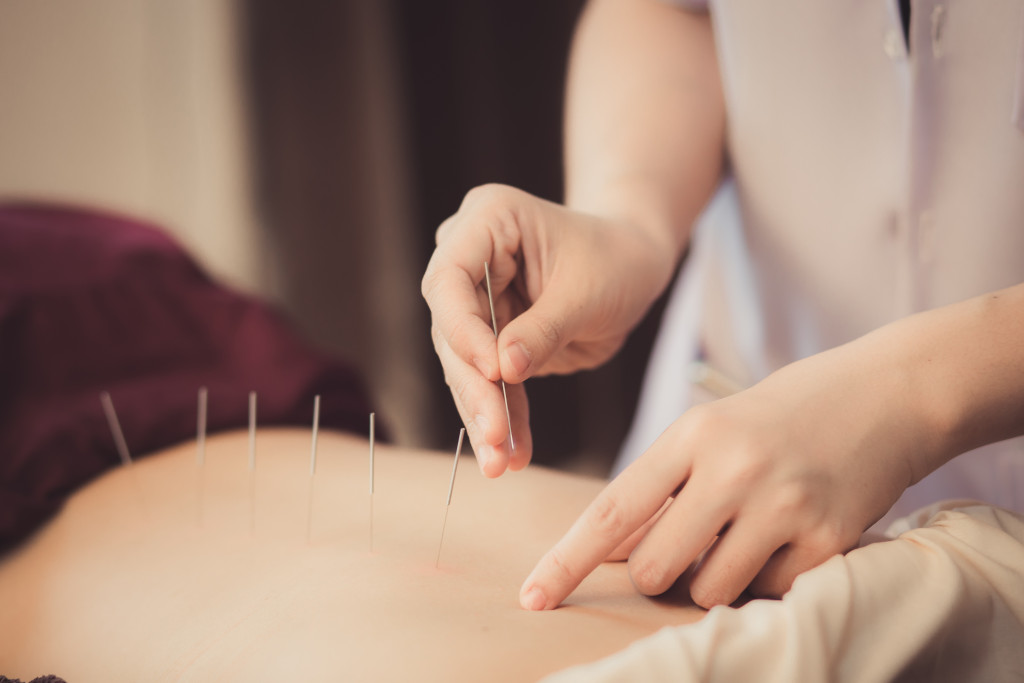Traditional medicine is a broad term that encompasses a variety of healing practices that have been used for centuries by people around the world. While conventional medicine is often overlooked in favor of more modern treatments, it has remained an essential part of many cultures and societies.
It is rooted in the belief that natural remedies are the best way to heal and prevent sickness and disease. This type of medicine has been practiced worldwide since ancient times, and its popularity continues to grow today. This post will look at the different forms of traditional medicine and how they can be used today.
What is Traditional Medicine?
Traditional medicine encompasses many healing practices, including herbalism, acupuncture, massage therapy, aromatherapy, homeopathy, chiropractic care, and naturopathy. These forms of treatment focus on restoring balance within the body by using natural ingredients or techniques rather than pharmaceuticals or other synthetic treatments. The goal of traditional medicine is to support the body’s innate healing processes so that the individual can live a healthier life.
How does Traditional Medicine work?
Traditional medicine uses natural ingredients or techniques such as herbs, acupuncture points, and massage techniques to stimulate the body’s healing processes. For example, herbs may be used to reduce inflammation or improve digestion; acupuncture points may be stimulated to relieve pain or increase energy, and massage therapy can relax tense muscles while also improving circulation.
By stimulating these areas in the body in a specific manner, traditional medicine practitioners aim to restore balance within the body which can lead to improved overall health.
Why is Traditional Medicine Increasingly Popular?
As more people become aware of the potential risks associated with pharmaceutical drugs or other modern treatments such as surgery, many are turning towards more natural methods for healing and wellness. Traditional medicines often provide an integrated approach for dealing with physical ailments and mental health issues such as stress or anxiety, making them appealing to many individuals seeking holistic solutions for their health needs.
Additionally, traditional medicines typically require less time commitment than conventional treatments, which makes them attractive to those who do not have access to regular medical care.
Different Forms of Traditional Medicine
There are many different forms of traditional medicine, each with unique healing properties. Here are some of them:
Acupuncture

One of the most well-known forms of traditional medicine is acupuncture. This practice involves using thin needles to manipulate energy pathways throughout the body. Acupuncture treatment works on the premise that when these pathways become blocked, illness or imbalance occurs.
By inserting needles into specific points along these pathways, acupuncturists can unblock them and restore balance to the body. A study by the World Health Organization found that acupuncture can effectively treat a wide range of conditions, including chronic pain. This is one of the most popular forms of traditional medicine today.
Herbalism
Another popular form of traditional medicine is herbalism, which uses plants and herbs as medicinal treatments. Herbal remedies have been used for centuries to treat various illnesses and ailments, including fever, digestive issues, skin problems, depression, anxiety, and more.
While herbalism has seen a resurgence in recent years due to growing interest in natural treatments for health issues, it should always be approached with caution, as some herbs can be toxic if taken in large doses or without proper guidance from a professional herbalist.
Ayurveda
Ayurveda is another type of traditional medicine that originated in India over 5,000 years ago and has since become famous around the world. Ayurveda focuses on creating a balance between mind and body through diet, lifestyle changes (such as yoga), meditation practices, massage therapy, and herbal remedies. The goal is to restore harmony within the individual so they can achieve optimal health and well-being.
Though there are still debates surrounding its efficacy today due to a lack of scientific evidence backing up, ayurvedic treatments specifically tailored to each patient’s needs may offer positive outcomes for certain conditions like insomnia or chronic fatigue syndrome (CFS).
The bottom line
Traditional medicine remains an essential part of many cultures around the world despite its lack of recognition from mainstream medical practitioners in some areas. From acupuncture to herbalism to ayurveda, understanding traditional medicine can provide insight into different ways that people have healed themselves throughout history—and may even help us find new solutions for our own health concerns moving forward into the future!
If you’re interested in learning more about any form of traditional medicine mentioned here or would like to pursue treatment using one or more forms yourself then speak with your healthcare provider before beginning any treatment regime or making any significant lifestyle changes related thereto.


